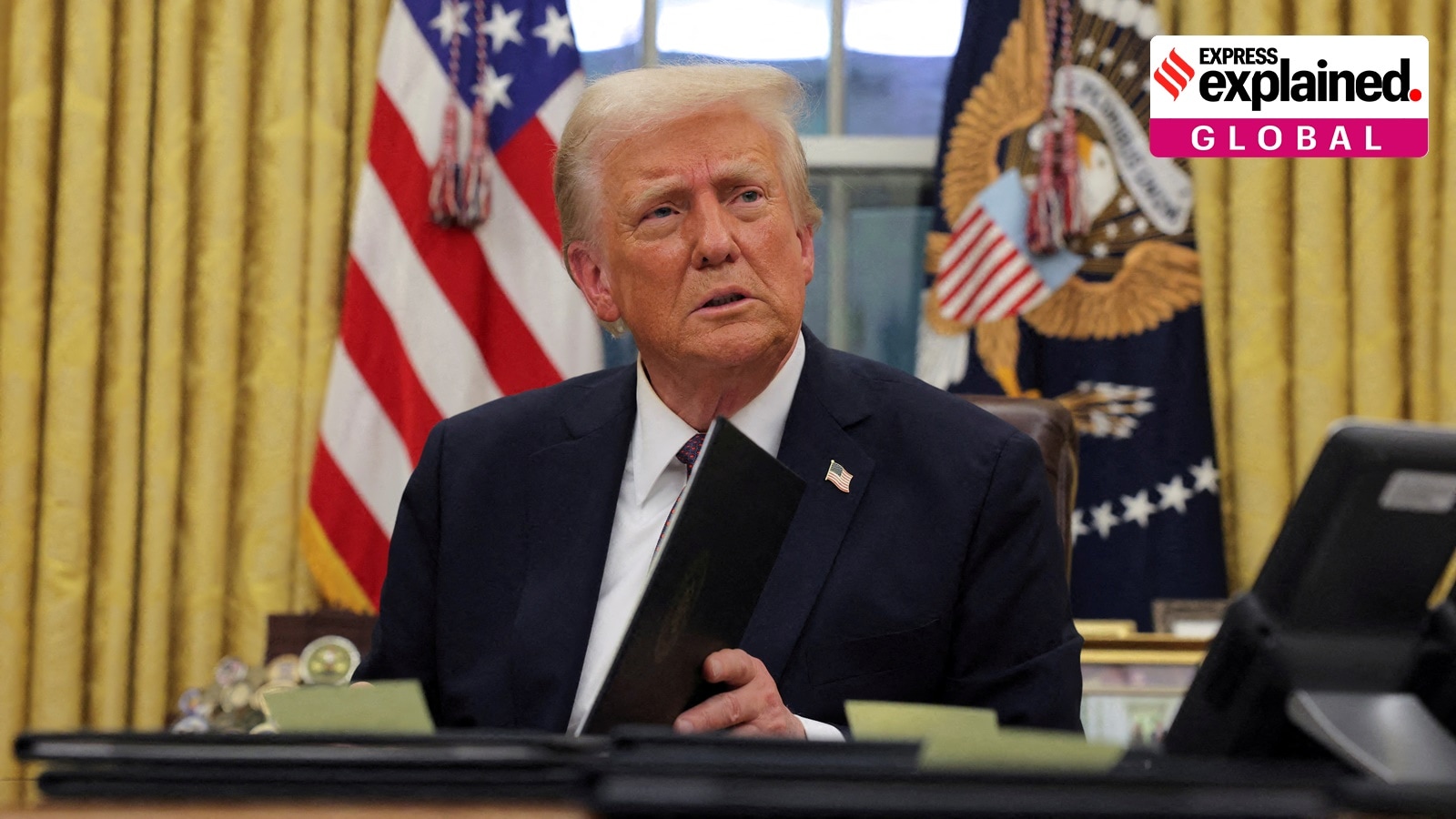 |
|
The withdrawal of the United States from the World Health Organization (WHO) under President Donald Trump's administration carries significant implications for global health, particularly impacting countries like India which rely heavily on WHO support and collaboration. The decision, driven by accusations of the WHO's mishandling of the COVID-19 pandemic, lack of reform, susceptibility to political influence, and perceived unfair financial burdens on the US, resulted in a cessation of US funding and personnel involvement. This action created a substantial funding gap for the WHO, as the US provided approximately one-fifth of its budget. The financial repercussions are far-reaching, potentially diminishing the WHO's capacity to effectively implement various health programs worldwide.
The immediate consequences of the US withdrawal include a halt in the transfer of funds and resources to the WHO, the recall of US government personnel and contractors, and the termination of negotiations regarding the crucial pandemic treaty. This treaty, designed to improve pandemic preparedness, cooperation, and equitable access to medical countermeasures, has been significantly hampered by the absence of the US, a major player in global health initiatives. The loss of US expertise within the WHO's various committees and working groups is equally detrimental. The US possesses a wealth of knowledge and experience in diverse areas of public health, which played a pivotal role in the development of guidelines, disease surveillance, and response strategies. Its absence weakens the WHO’s ability to provide effective, evidence-based guidance to member states.
India, a significant recipient of WHO assistance, is particularly vulnerable to the fallout from this withdrawal. The WHO contributes substantially to India’s health programs, including efforts to combat neglected tropical diseases, HIV/AIDS, malaria, tuberculosis, and antimicrobial resistance. Its involvement in India's immunization programs is also crucial, with WHO teams monitoring vaccine coverage and assisting in program implementation. A substantial cut in WHO funding will likely compromise these initiatives, impacting India's ability to effectively address pressing public health concerns. This includes hindering crucial disease surveillance and response mechanisms, potentially leading to delayed responses to outbreaks and increased morbidity and mortality. The loss of US expertise also severely impacts India’s ability to access the latest research and best practices, delaying the implementation of effective health policies and programs.
The ramifications extend beyond direct financial losses and expertise deficits. The US withdrawal weakens the WHO's overall authority and influence on the global stage, potentially leading to a fragmentation of global health efforts. The absence of a unified, coordinated response to health crises undermines efforts to prevent and control the spread of infectious diseases. The vacuum created by the US's absence may be partially filled by other countries, but a complete replacement of the US's financial contributions, technical expertise, and leadership is unlikely in the short term. There is a concern that China, another significant contributor to WHO funding, may fill the void, potentially leading to a shift in global health priorities and policies that may not fully align with the needs of developing countries.
While other countries like Australia, Indonesia, and Spain have increased their voluntary contributions to the WHO in recent years, this does not fully compensate for the substantial loss of US funding. Philanthropic organizations, such as the Bill and Melinda Gates Foundation, are also playing an increasing role in filling the funding gap. However, these efforts may not be sufficient to offset the long-term impact of the US withdrawal. The WHO itself emphasizes the importance of increased contributions from all member states to maintain its operational capacity and ability to fulfil its mandate. It is crucial for all nations, especially larger economies, to recognize the collective responsibility to ensure adequate funding for global health initiatives to secure the health and well-being of populations worldwide.
The situation highlights the need for a more equitable and sustainable funding model for the WHO. The current system, heavily reliant on voluntary contributions, creates instability and uncertainty, making the organization vulnerable to political shifts and funding fluctuations. A more robust and diversified funding mechanism is essential to ensure the WHO's continued ability to effectively address global health challenges. The long-term effects of the US withdrawal remain uncertain. However, it serves as a stark reminder of the importance of international cooperation and multilateralism in tackling global health crises. It also underlines the vulnerabilities of a system that depends on the contributions of individual countries and the necessity for a more robust and resilient approach to global health governance and funding.
Source: Under Trump, US withdraws from WHO: Impact, what this means for India
